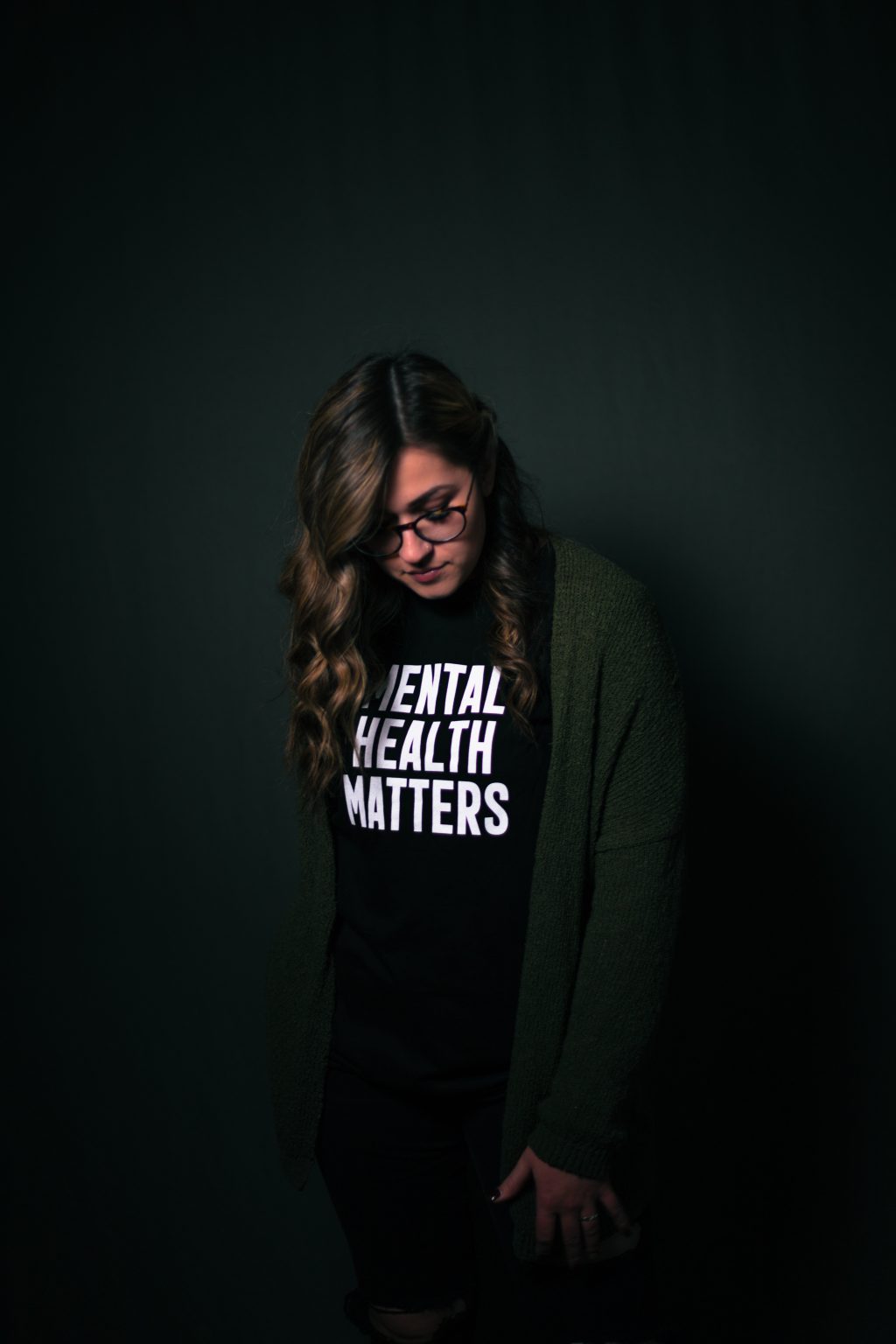Michiganders mental health affected by COVID from Sault Online
March 18, 2021
As the Coronavirus continues across America, so does the increase in mental health cases.
As the pandemic gripped the nation it has taken a toll on the Mental Health status of many Americans, especially those located in Michigan. Different forms such as substance use and stress pertaining to the pandemic experts say many people hunkering down at home, not accessing services thinking concerns services may be overwhelmed after the COVID-19 vaccines are released, according to Crains Business Detroit.
Defeat suicide.com said Mental health challenges exist frequently throughout the United States. About one in five (20%) adults suffer from a diagnosable mental illness each year. Every day, approximately 123 Americans die by suicide and there is one death by suicide in the US every 12 minutes.
Dr. Jennifer Ashton, ABC Chief Medical expert said in a video by ABC news there are ways to help.
“If you are struggling ask for help whether that is virtual app in person support group there is no stigma no shame in this game and help is available,” said Ashton.
One area where mental health is causing an impact is among College Students. The University of Michigan department of psychiatry reports it is well studied that college students are especially prone to feelings of loneliness, and they experience higher rates of anxiety and depression compared to the general population. During this period of quarantining, uncertainty, and abrupt transitions, they are prone to altering these feelings. Removal from their social support system and extracurricular activities at their schools can cause students to feel less connected with their daily activities.
The Wayne State University Department of Psychiatry and Behavioral Health Sciences has teamed with the State of Michigan to develop a comprehensive behavioral and mental health training and support program for the state’s first responders and their families to address the stress they face in their duties protecting residents.
They created a program, Frontline Strong Together, and it will be available electronically and in-person to first responders and their families in nearly all 83 counties this year. The program is being developed and implemented with representatives of the Michigan Professional Firefighters Union, the Fraternal Order of Police, the Department of Corrections, paramedics and dispatchers, according to Wayne State University
David Rosenberg, M.D and the Chair of The WSU hair of the WSU Department of Psychiatry and Behavioral Neurosciences.
“Frontline Strong Together distinguishes Wayne State University in that the research we do is not in some ivory tower. This is right in the trenches with the community, in real time, to develop evidence-based approaches to help as many people as possible,” said Rosenberg.
If you are struggling with anxiety and thoughts of suicide, there are many outlets available.
Continue reading, “Michiganders mental health affected by COVID” from Sault Online.
Learn more about David Rosenberg, M.D., and Wayne Health Psychiatry and Behavioral Health.
